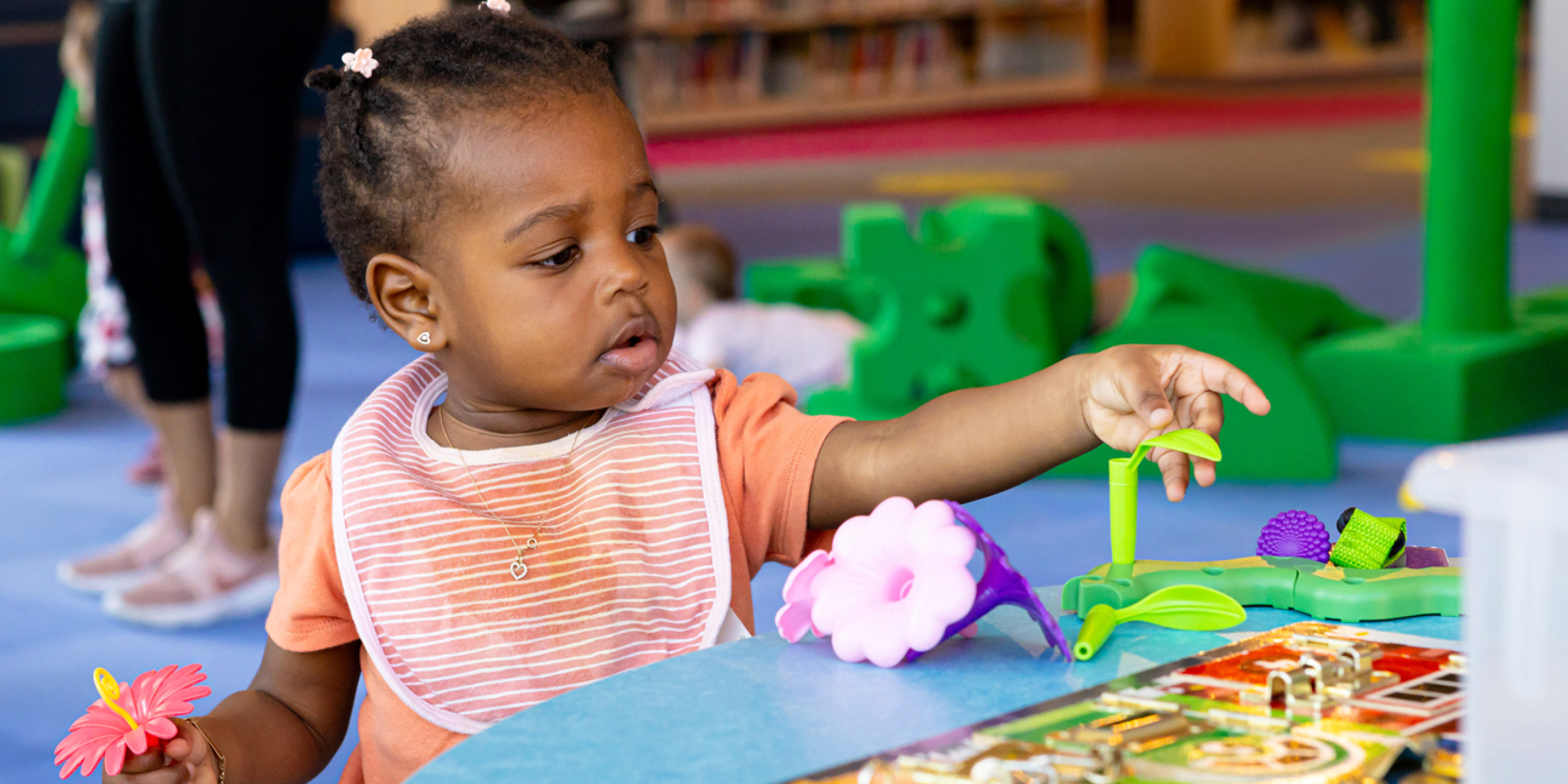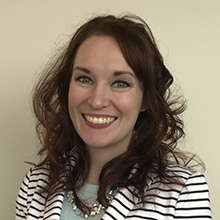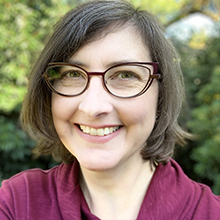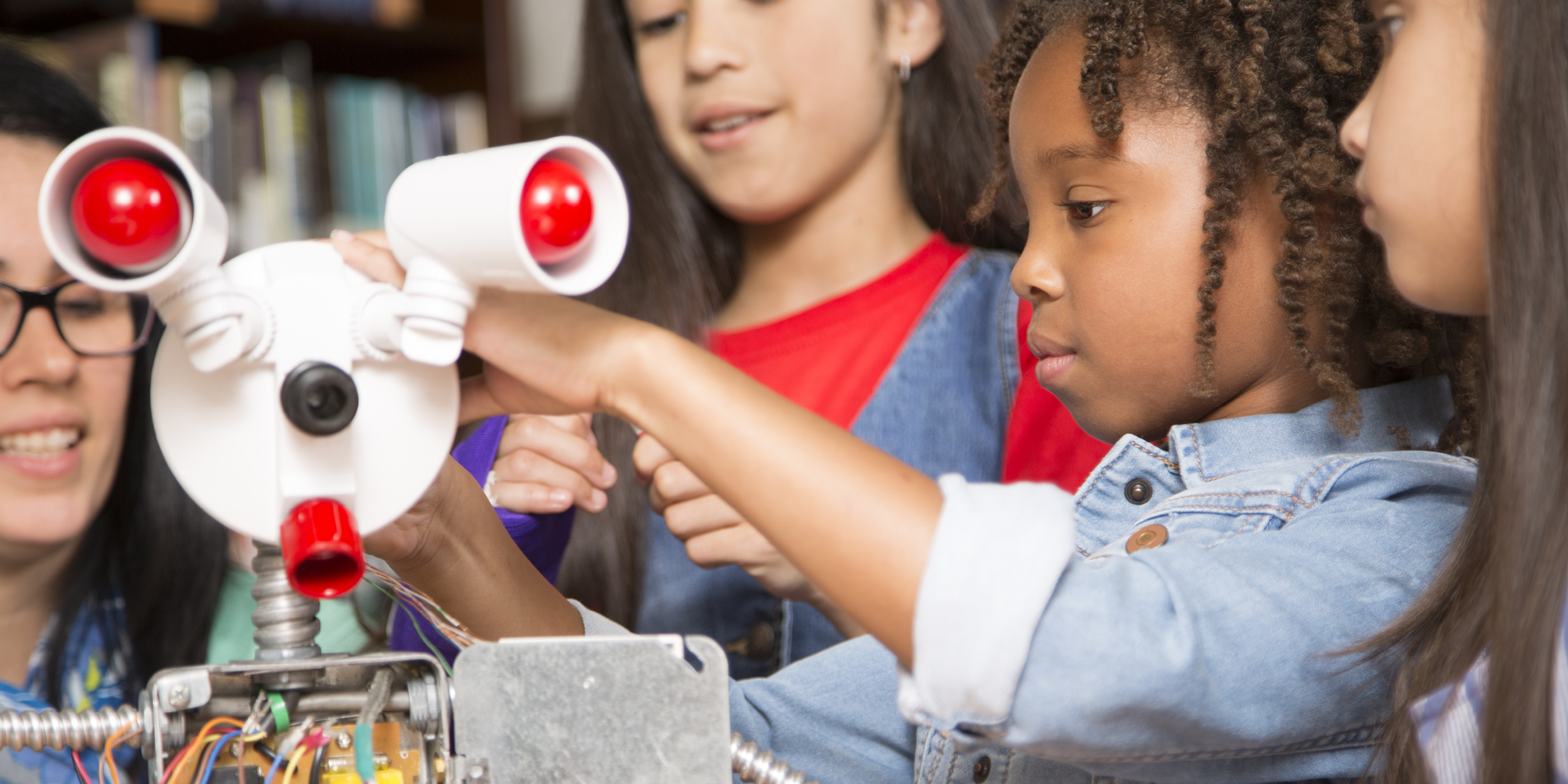Part 2—The Scientist at Your Library: It May Not Be Who You Think

Librarians are scientists. And so are you. And your neighbor. And your five-year-old niece.
If you’ve ever asked a question and tried to figure out an answer, you’re a scientist. Sure, you don’t have a lab or fancy equipment, but you have curiosity. And libraries specialize in curiosity.
At a library, you might hear something like:
Oh, you liked our program about engineering? Here are some books you might like. And there’s an activity station over there where you can build things. You should also visit our makerspace sometime.
However, most librarians don’t have a background in science or engineering. When we talk to library staff as part of our evaluation work, we hear how some are hesitant to run STEM-focused programs because they worry they won’t be able to answer every question.
We’ve heard things such as, “What if a kid asks something I don’t know?” Our response? If someone claims they know everything, they’re probably not a scientist.
The more we saw library staff being supported—through training and resources provided by organizations such as the Space Science Institute and the American Library Association—the more we saw their confidence grow.
And librarians supported one another too. In the projects we’ve seen, librarians had the chance to share ideas, work through challenges, and support one another. As a group, they began to see themselves as STEM facilitators, not because they suddenly knew all the answers, but because they realized they didn’t need to.
In fact, one of the most powerful things a librarian can say during a STEM program is, “That’s a great question—let’s find out together.” That moment shifts the focus from having knowledge to modeling discovery. From being an “expert” to being a co-explorer.
This shift isn’t just good for staff. It’s good for patrons too. It shows that science is not about perfection or memorization. It’s about wondering, experimenting, failing, and trying again.
And what we’ve learned in return is that STEM doesn’t have to look the same everywhere. It doesn’t even have to involve traditional “science-y” materials. A local seamstress teaching geometry through quilt patterns? That’s STEM. A conversation about composting and food waste? That’s STEM, too.
Library staff are finding STEM all around them—and helping their communities do the same.
Call to Action
Curious about doing STEM with your child? Visit your library. They don’t just offer books—they offer programs, materials, and encouragement. And if a question stumps you? That’s not a dead end—that’s where discovery begins.
Resource
If you’re looking for STEM resources, visit the STAR Net STEM Activity Clearinghouse.
Jen Jocz is a senior research associate at EDC, where she works with programs to understand how informal learning spaces can better support STEM engagement and learning.
Ginger Fitzhugh is a research scientist at EDC, where she helps programs leverage data to achieve better outcomes for all learners.
Disclaimer
The material is based upon work supported by the National Aeronautics and Space Administration (NASA) under Cooperative Agreement No. NNX16AE30A (NASA@ My Library) and the National Science Foundation (NSF) under Grant Nos. DRL-1010844 (STAR Net), DRL-1906172 (STEAM Equity), and DRL-1657593 (Project Build). The work was also assisted and supported by the Space Science Institute, which was the recipient of the grant. Any opinions, findings, and conclusions or recommendations expressed in this material are those of the authors and do not necessarily reflect the view of NASA, NSF, or the Space Science Institute.







